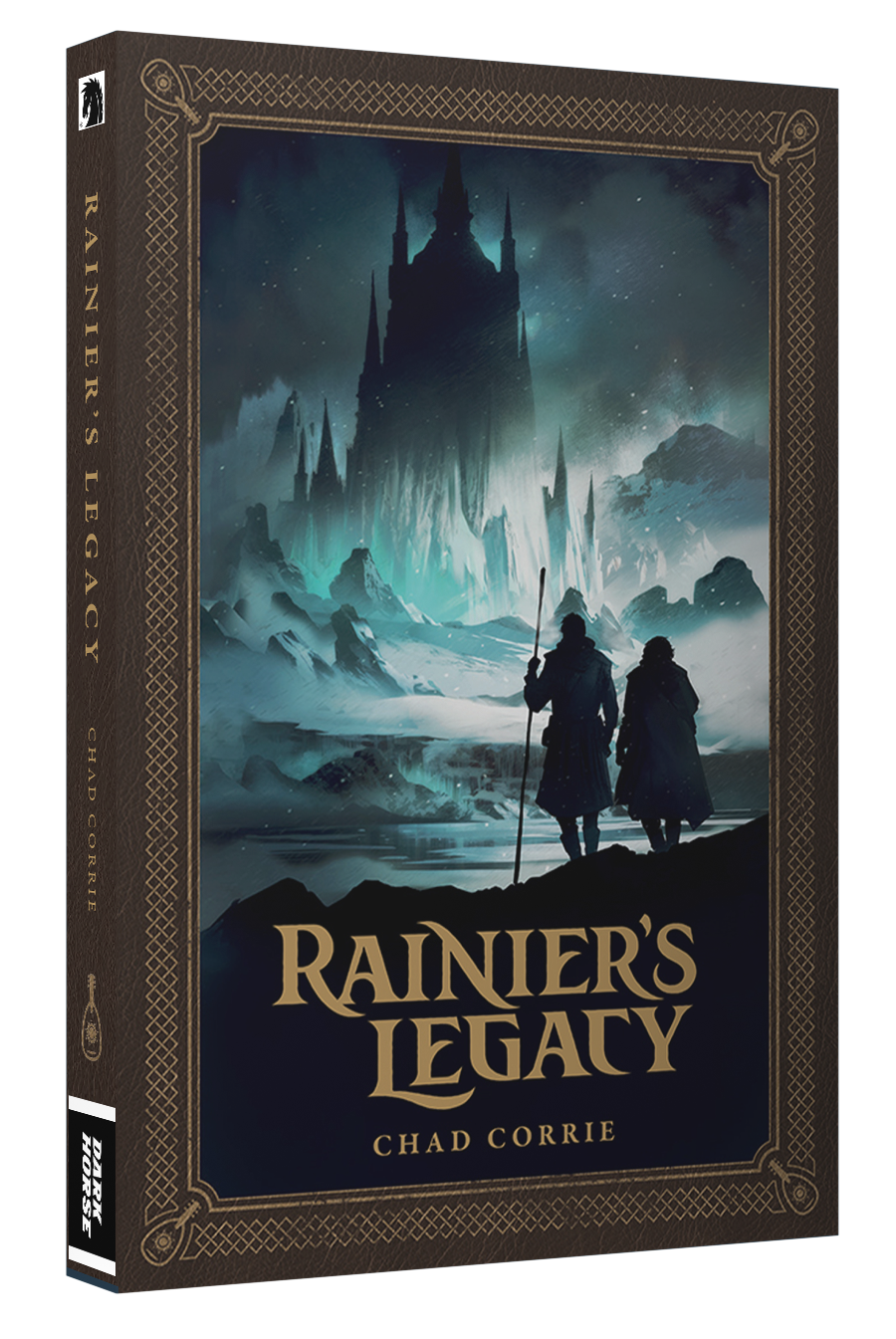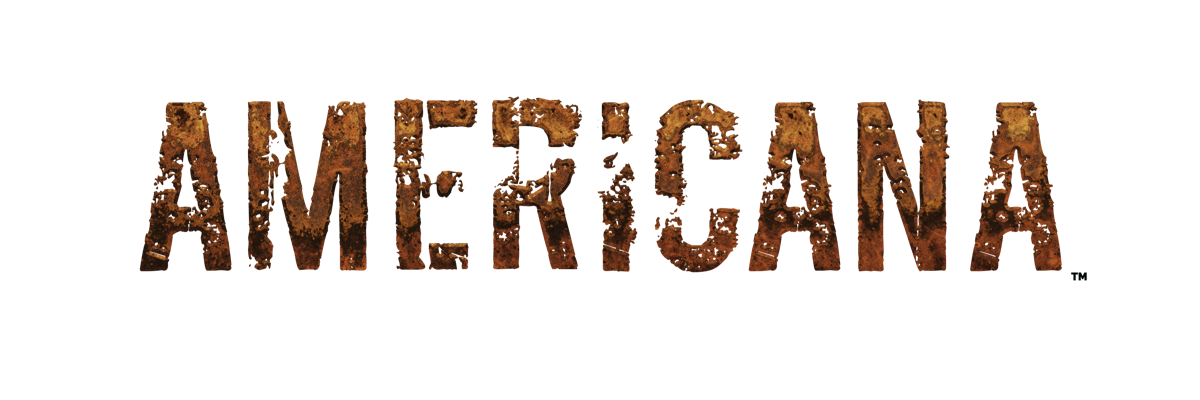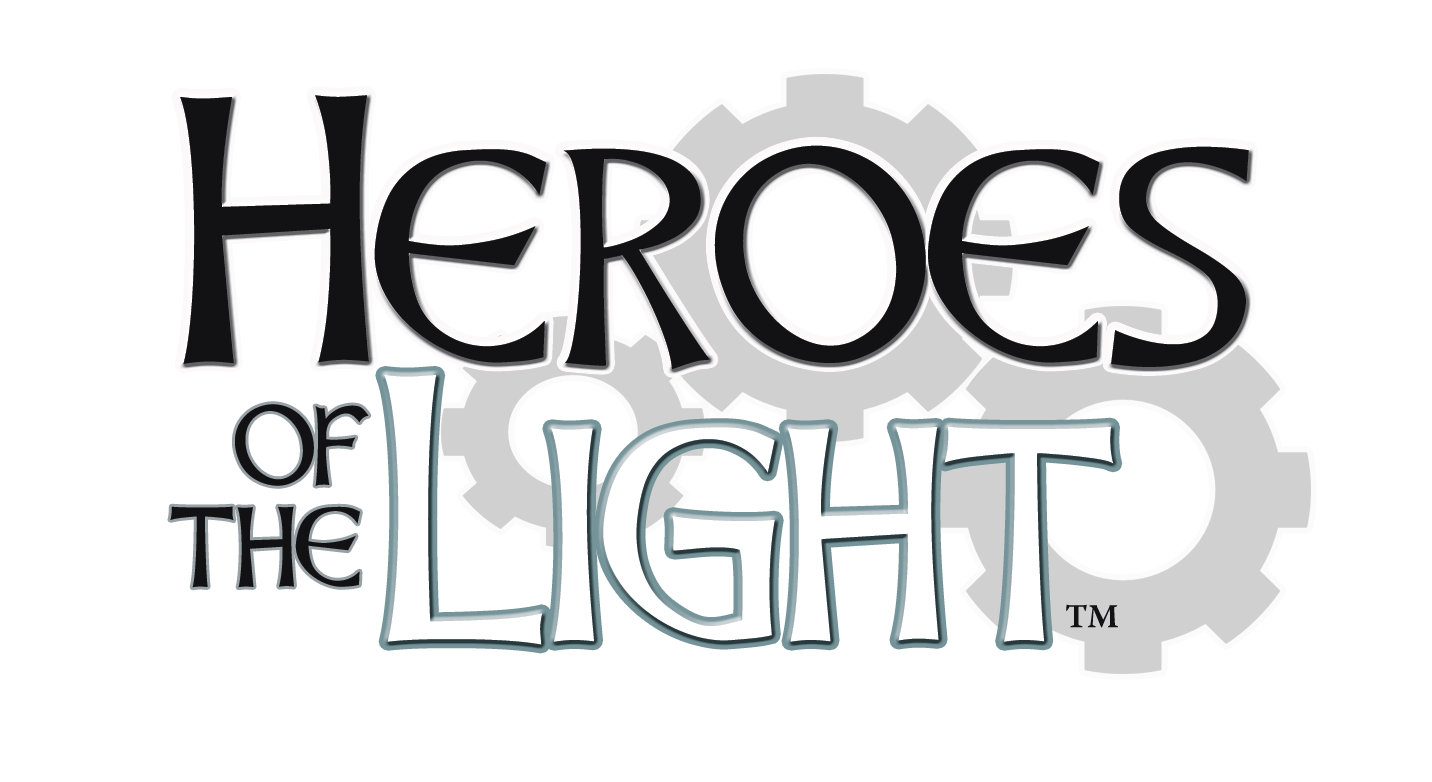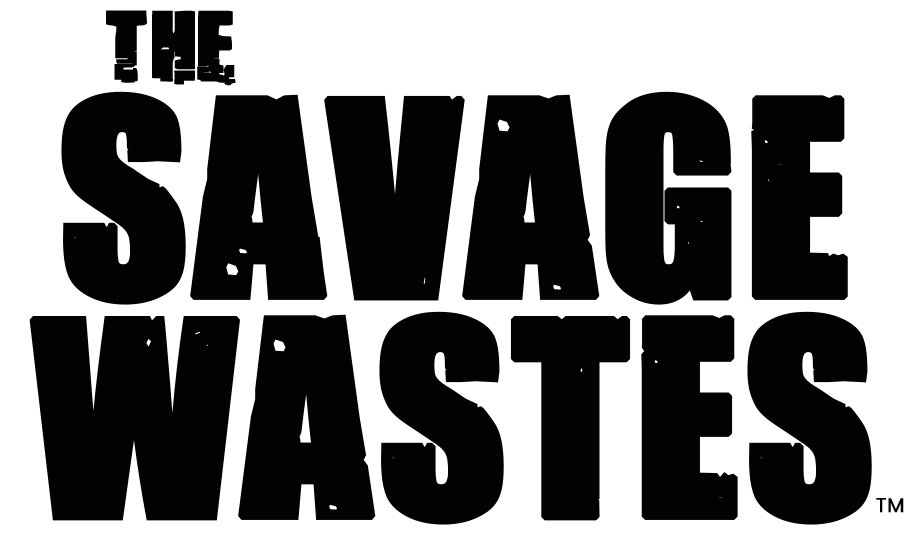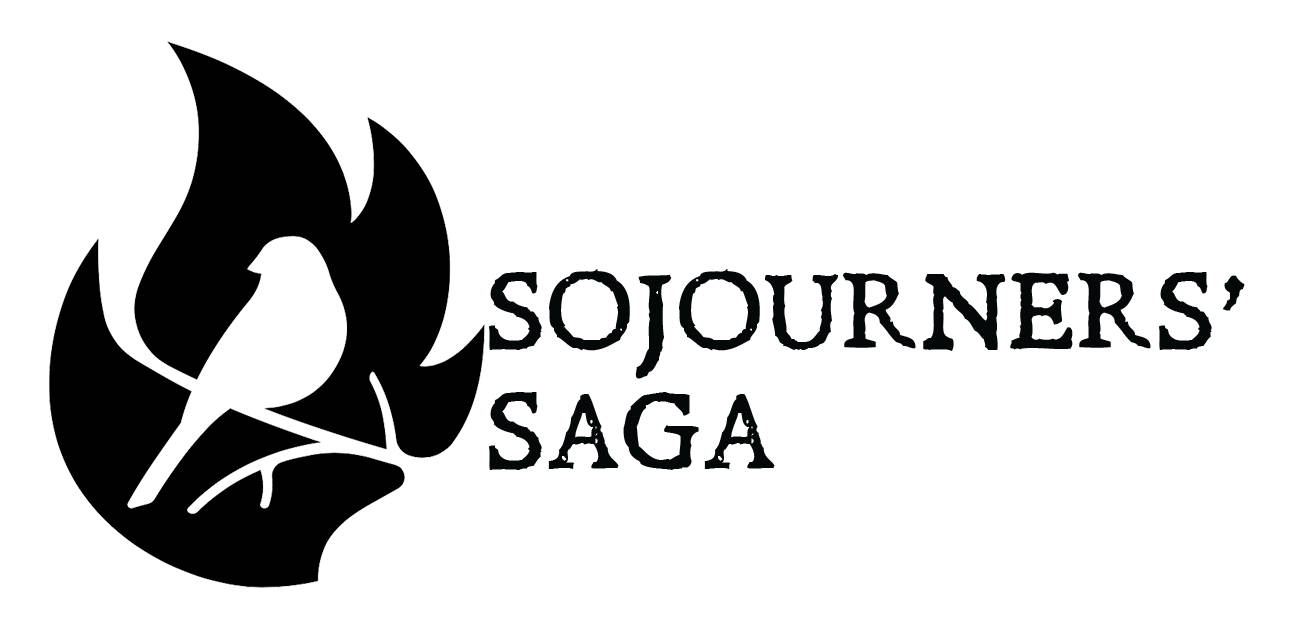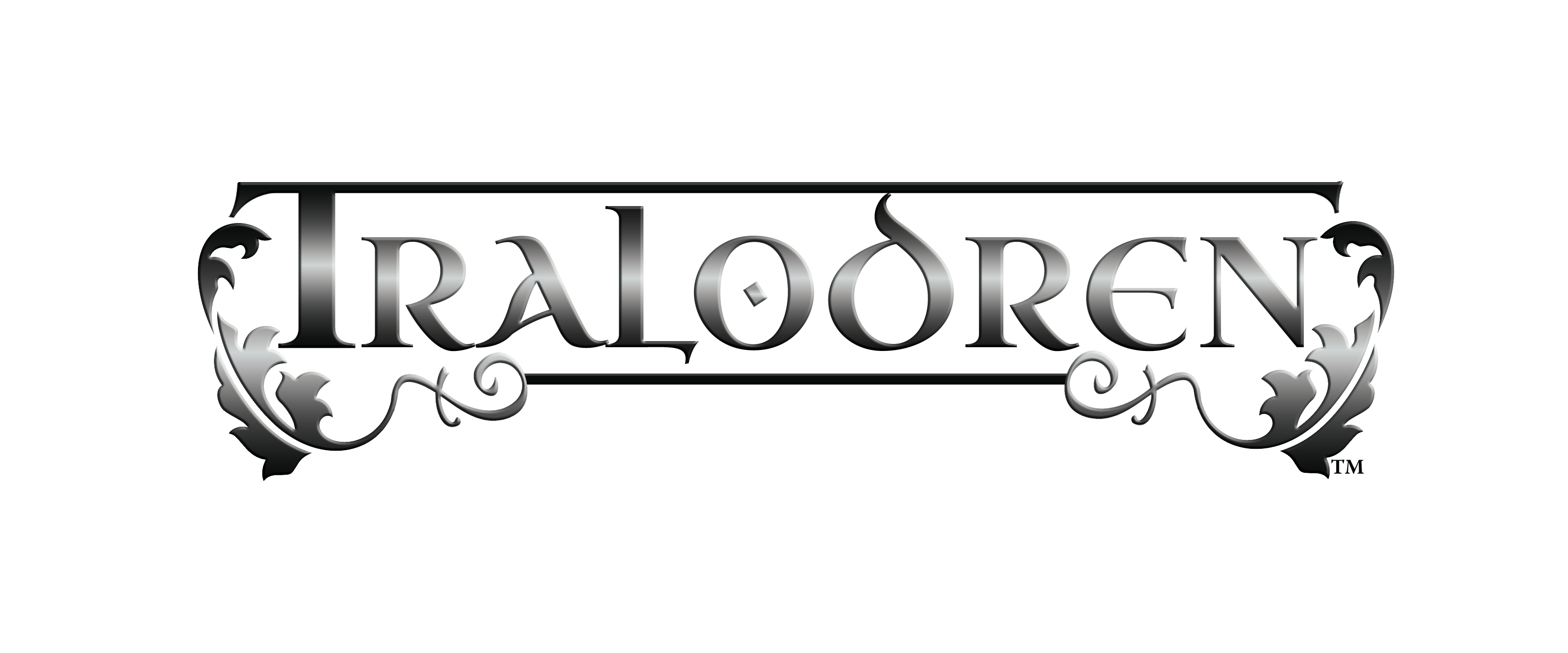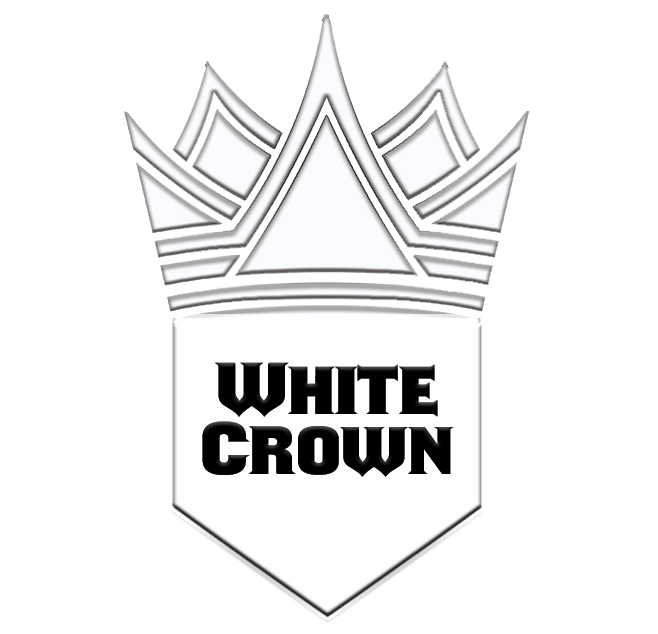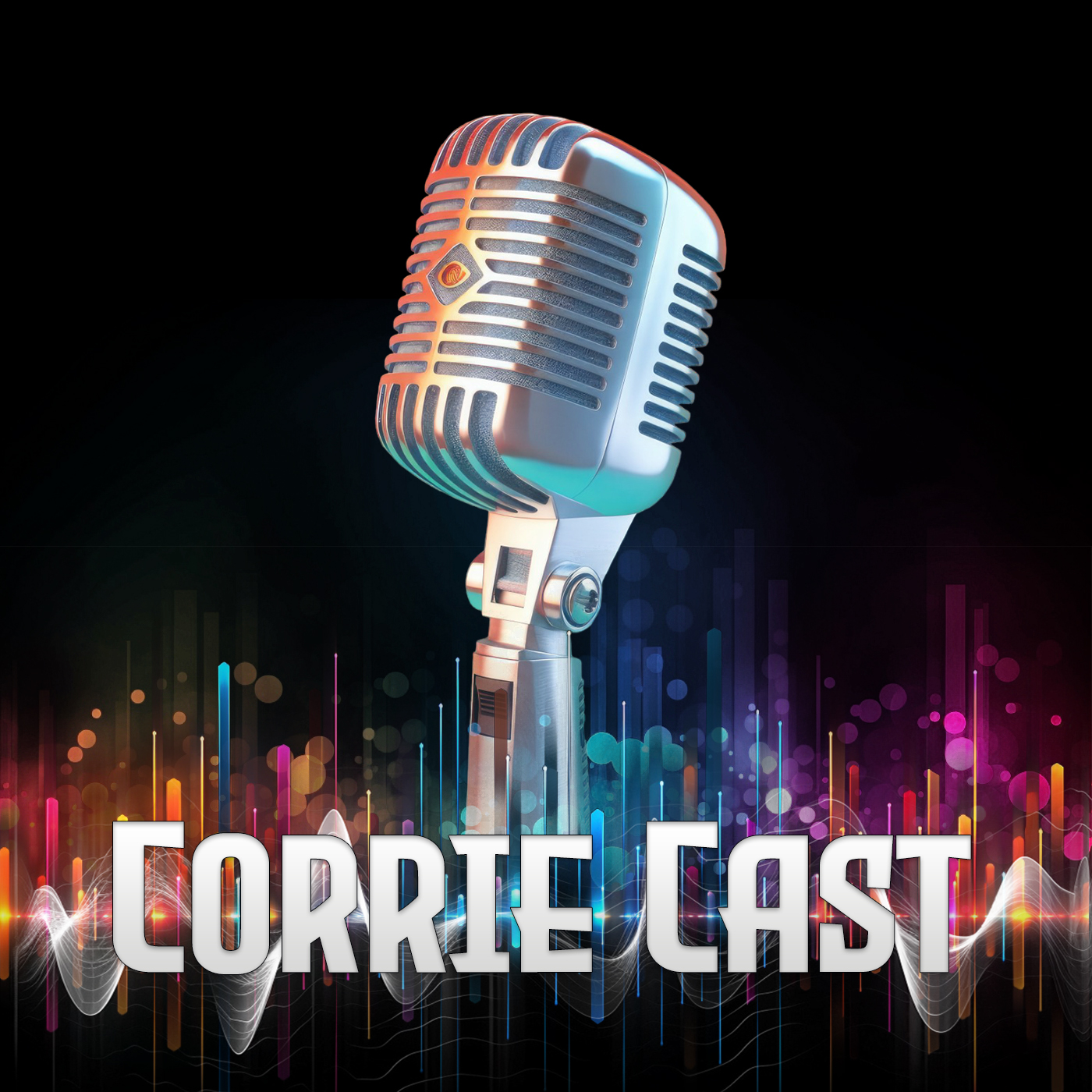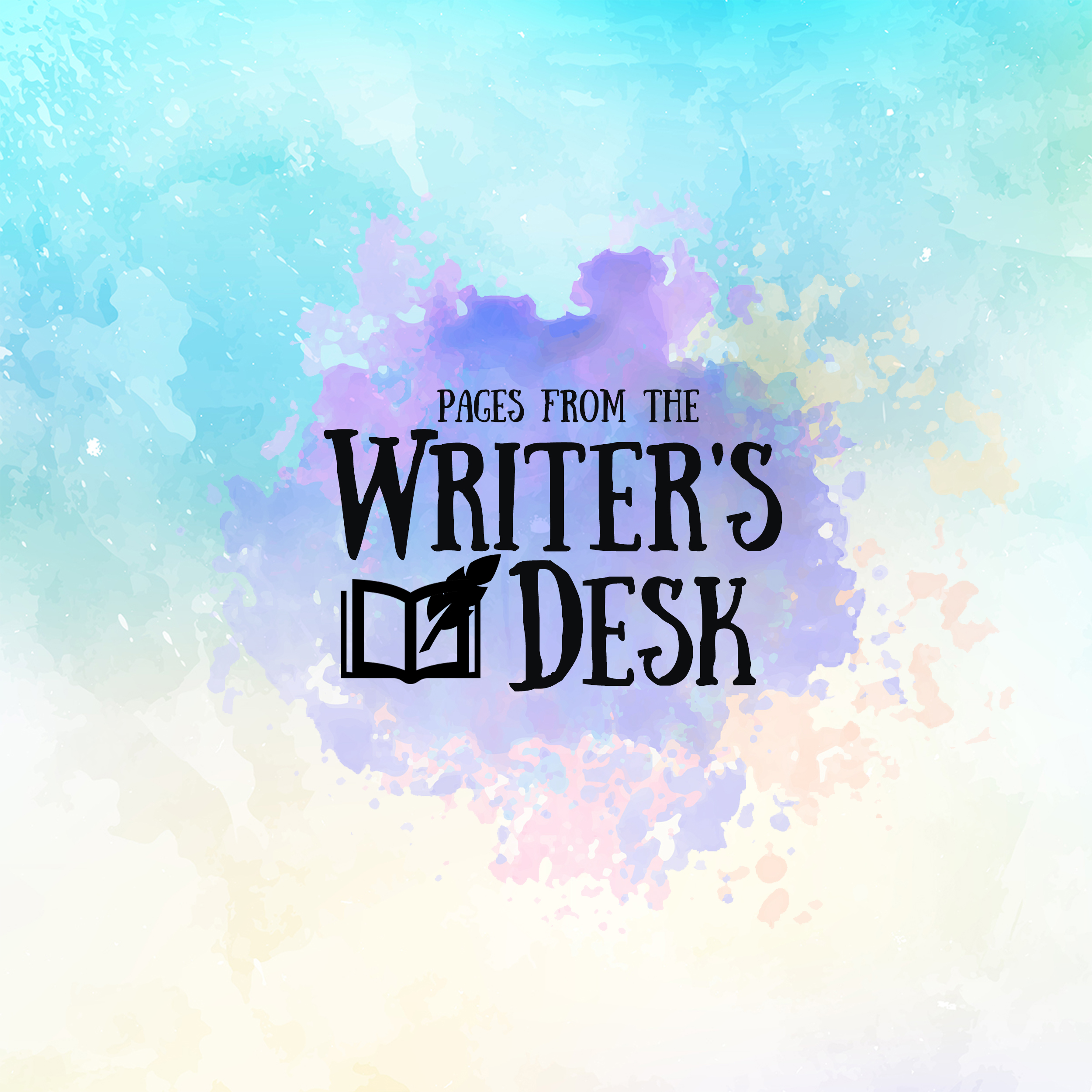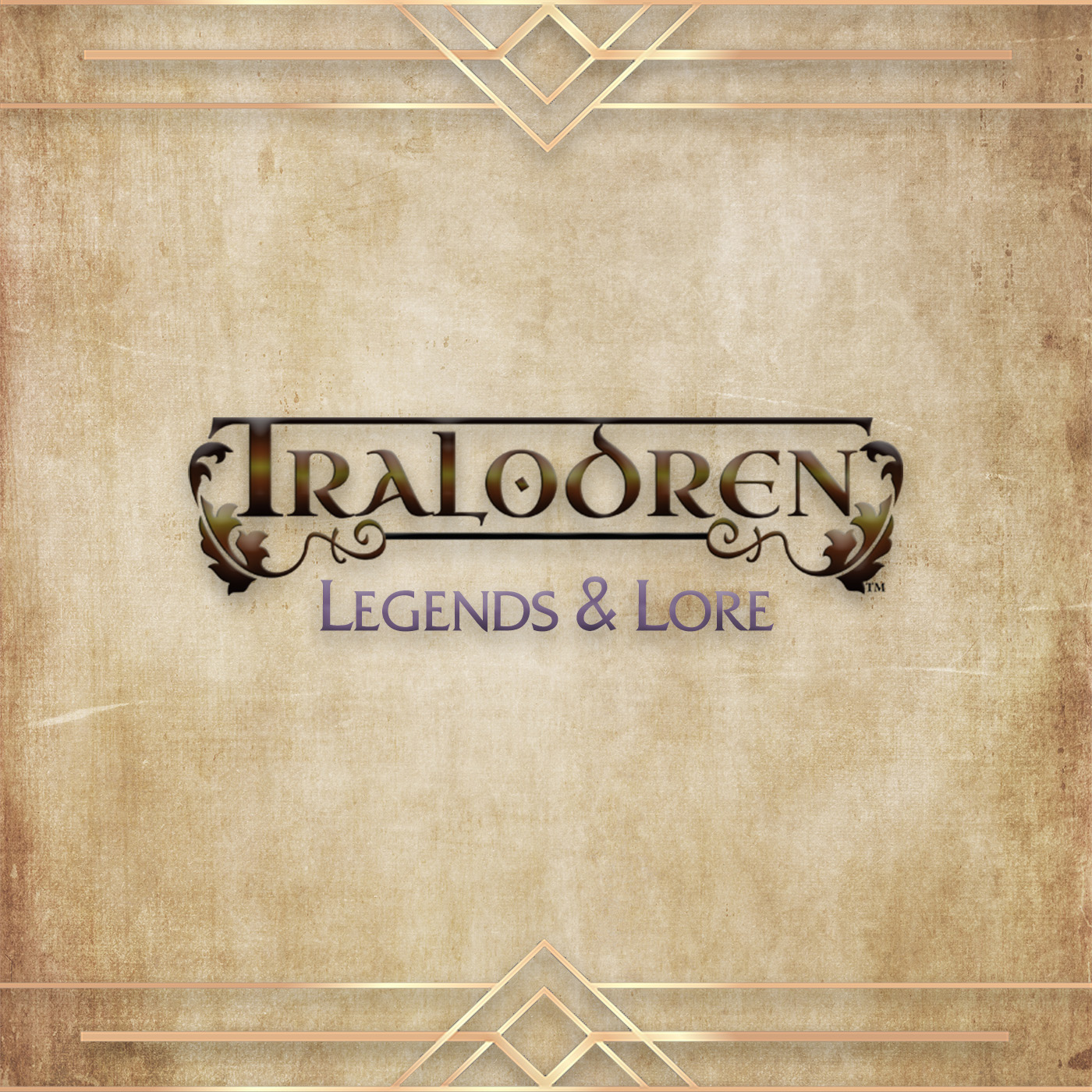AGENTS
WHERE TO FIND THEM
THE WRITER’S DESK © Chad Corrie
In the previosu essay we talked about agents in general, that is what they do and why you might need one. In this post we’re going to explore where you find them.
So where to you find agents? It’s not like you can go hang out somewhere and a gaggle of them are all walking about ready and willing and looking for authors to tackle them while shoving their book proposals down their throat, right? Actually, this does happen (the tackling an agent part maybe not so much).
All over the country, and even world, there are many different types of book fairs, trade shows, and general conventions that take place throughout the year that pull in agents like moths to a flame. Some of them are large events and some of them are smaller affairs but all are places you can find an agent and even make your pitch—that is put your work before them—in person.
Some of these events are geared toward certain genres (think mystery writer or romance writer conventions) and some of them are more general in make up (think regional book fairs) and some are just humongous (Frankfurt Book Fair in Germany) but all of them can and often do have agents lurking about.
I’m not going to get into the great details of all these conventions, but if you just start doing some simple searches online or even at your local library and in writing magazines you’re start to see a whole bunch of places listed in which you might be interested.
Now, the down side for going this route is you have to pay to get to the event and if it’s out of town, have to stay there overnight. If you're budget conscious then you might want to weigh the pros and cons of attending such events and really seek to get as much out of it as you can to justify the cost. This isn’t to say this a bad option to find an agent, just that it has its costs and downsides too.
The most common way to find agents, and what we’re going to focus on for the rest of this post, is in the more traditional way—that is looking them up in a few sources and doing some due diligence.
Now, you could try and do some online searches to locate agents and find some things in a hit or miss fashion, but the best way to start out, in my opinion, are the four following sources:
Query Tracker
Agent Query
Manuscript Wish List
Publishers Marketplace
Besides these links, The Guide to Literary Agents is another great place to search. This book should be in just about all libraries' reference sections. Make sure you get the most current edition as well (requesting this year’s if possible from other branches, etc.) due to changes in the postings and the rapid rising and falling of agents in the business (not to mention lateral moves) which we’ll talk about more in the next essay. Now while the guide is a great source it does not have all the agents listed as some have asked not to be for various reasons. But it is a great place to start and help you find some people to add to your list.
Following The Guide to Literary Agents I recommend Query Tracker, a website that is dedicated to listing agents and giving updates to them as well as having comments shared by others who have worked with the agents and providing a listing of reference notes (including their current clients) all for free. You’ll have to sign up to get basic access but for the price of admission it is really a great tool. Best of all they also add new agents to the list—often before they’re added anywhere else—which can further help you in the hunt.
The next website is Agent Query. It’s a decent site and lists agents as well but I’ve found that the information listed is not often kept current. More than once I’ve found agents that have long since retired still listed as active or an agent listed with an older agency when they’ve moved on to another. This aside, it does have some different agents listed at times, and if you can cross reference the results with those found in Query Tracker you should be able to have a more accurate list from which to work.
The next website is Manuscript Wishlist which really covers not just agents but editors and other folks related to the book industry. The premise here is folks share what they are ideally looking for in a manuscript, which in theory helps you perhaps narrow down the right person to pitch your current project to. It also is just a nice listing of agents and others you can peruse for possible submissions.
The final website is Publishers Marketplace. This is a site you have to pay to have access to (currently $25/month at the time of this writing). With said fee, however, you get access to insider news on new deals, publisher information, a real time breakdown of which agents have sold what titles to who, and other insight you might useful both now and in the time to come across your career.
Narrowing the Field
Okay, so now that you know where to start finding some agents what do you do next? First, decide what work you are going to send off. If you have more than one take the one you think is the most finished and best polished. Having just one work makes this easier, of course.
Now decide what genre your work falls into. This is something you really should have known before you started to write your book but if you don’t know what it is check out the listings of genres in The Guide to Literary Agents and use that to help you.
Sometimes you might find your work bridging more than one genre. Paranormal romance and urban fantasy are a line that can be blurred at times, for example. And paranormal romance could also cross the line into horror, fantasy could be urban fantasy in a certain light, thriller could cross the line into horror—even mystery—and so forth.
Pick the best option you think fits and start listing all the agents who represent this genre. Don’t prejudge too much right now. Just get a list of potential agents to start from. This will be your starting pool you’ll eventually sift through to narrow the field.
As you go through this process you’ll probably find some interesting results as well as gain a better understanding of the market you’re looking to break into. If you’re a poet you’re not going to find too many, if any, agents out there for your poems. If you’re a young adult author you’re find just about everyone and their cousin itching for the genre right now—followed closely by romance with a close second being urban fantasy, paranormal romance, and romantasy. Again, don’t get too worried about all this just yet. All you’re doing is making a list of potential agents. So just write them down and when you’re finished we’ll talk about what’s next.
